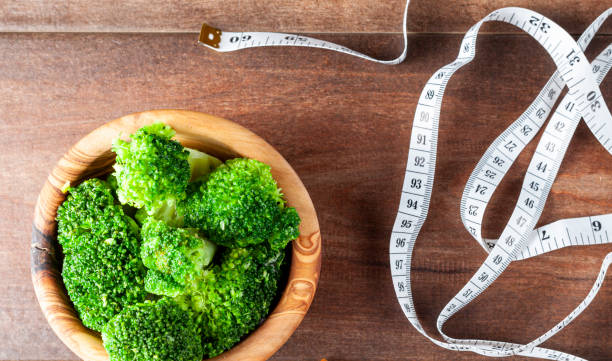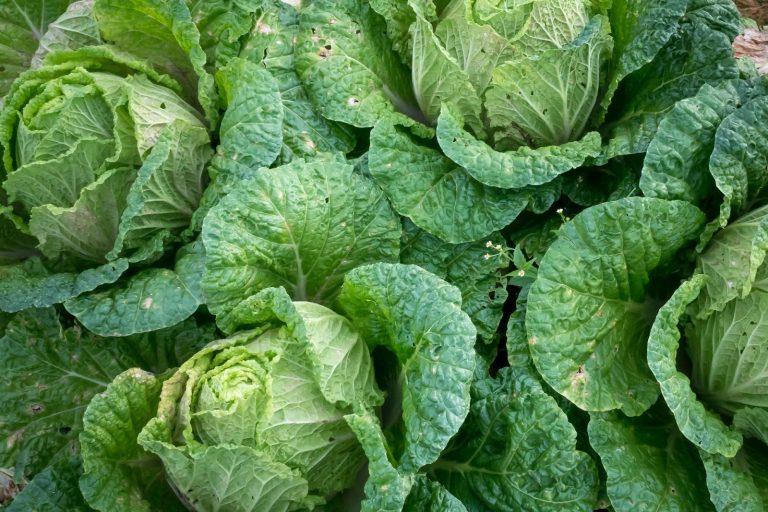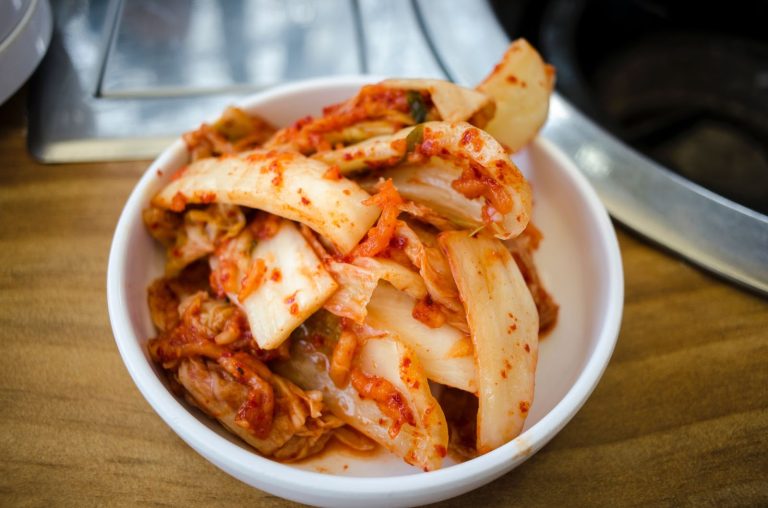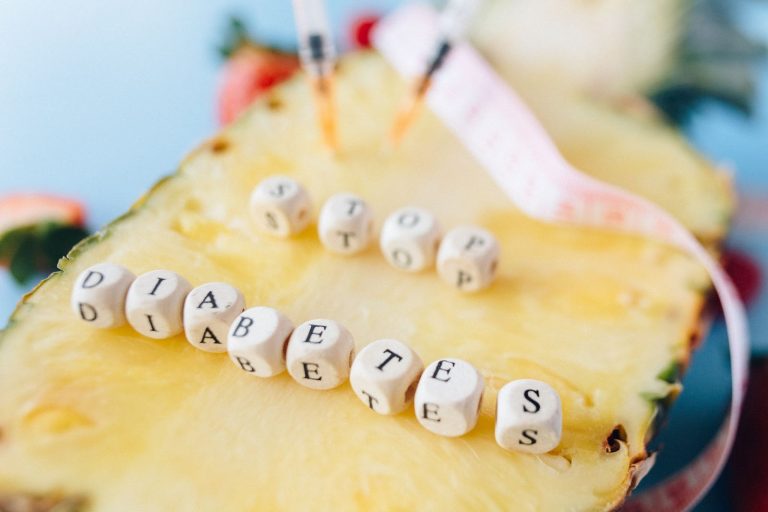Table of Contents
Introduction

“Do beans cause heartburn?” This is a question that many individuals have pondered, especially those who enjoy incorporating beans into their diets. Heartburn, also known as acid reflux, is a common digestive issue that can cause discomfort and affect one’s overall well-being.
In this article, we will explore the possible connection between beans and heartburn, the reasons why beans might cause heartburn, and most importantly, how to alleviate this issue if you experience it.
Do Beans Cause Heartburn?
Yes, beans can cause heartburn in some individuals. While not everyone experiences heartburn after consuming beans, certain factors make it more likely for this to occur. If you’ve ever felt that burning sensation in your chest or throat after eating beans, you are not alone.
Why Do Beans Cause Heartburn?
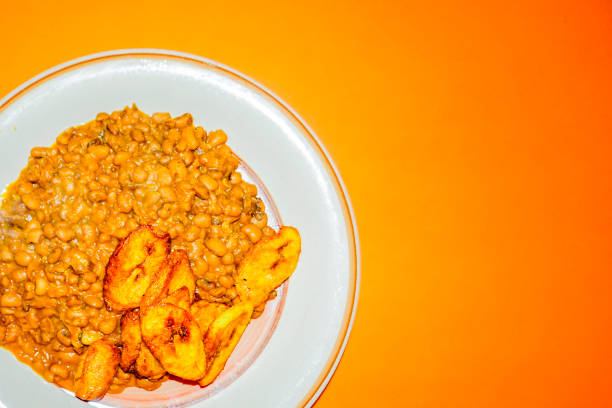
There are a few reasons why beans might lead to heartburn:
Gas Production: Beans are notorious for containing complex carbohydrates and fiber, which can be difficult for the body to fully digest. As a result, undigested compounds reach the colon, where bacteria ferment them, leading to gas production. This excess gas can cause the lower esophageal sphincter (LES) to relax, allowing stomach acid to flow back into the esophagus, causing heartburn.
Acidic Nature: Beans, especially certain types, contain natural acids that can contribute to increased stomach acidity when consumed in large quantities. This heightened acidity can trigger heartburn in susceptible individuals.
Bean Variety: Some beans, such as black beans and navy beans, have higher fat content than others. High-fat foods can slow down digestion, leading to prolonged exposure of the stomach to acid and an increased risk of heartburn.
Preparation Methods: The way beans are prepared can also influence their impact on heartburn. For instance, cooking beans in a manner that retains more of the indigestible compounds may exacerbate the issue.
How to Solve Bean-Induced Heartburn?
While beans can be a trigger for heartburn, it doesn’t mean you have to eliminate them from your diet. There are several strategies to reduce the likelihood of heartburn when consuming beans:
Moderation: The key is moderation. Instead of consuming large quantities of beans at once, try smaller portions spread throughout the day. This can help your digestive system handle the load more efficiently.
Cooking Techniques: Opt for cooking methods that aid digestion, such as soaking beans before cooking, using a pressure cooker, or even choosing canned beans, which are pre-cooked and may be gentler on your stomach.
Bean Types: Experiment with different types of beans. You might find that certain varieties are less likely to cause heartburn for you.
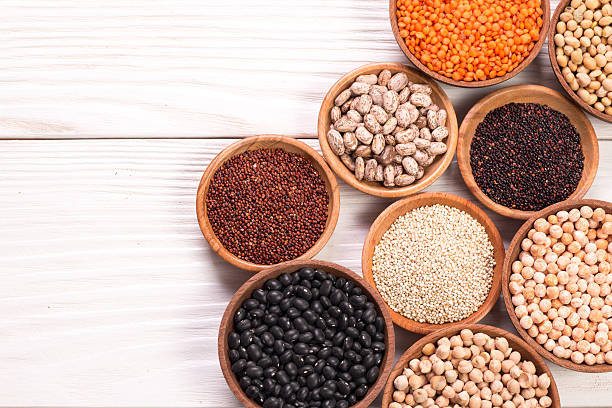
Accompaniments: Consider pairing beans with foods that can aid digestion, such as vegetables or greens. These can help balance the meal and reduce the risk of heartburn.
Be Mindful of Other Triggers: Keep in mind that heartburn triggers can be cumulative. Avoid consuming beans along with other known triggers like spicy foods, citrus fruits, or carbonated beverages.
Conclusion
In conclusion, the question “Do beans cause heartburn?” Is based on the experiences of some individuals but in general beans do cause heartburn. If you find that beans are causing discomfort, consider the potential reasons behind it, such as gas production, acidity, or preparation methods.
To enjoy beans without heartburn, practice moderation, experiment with different bean types, and explore cooking techniques that aid digestion. Additionally, be mindful of other heartburn triggers in your diet and lifestyle.
Note: If heartburn persists or becomes a chronic issue, it’s advisable to consult a healthcare professional for a thorough evaluation and personalized advice.




